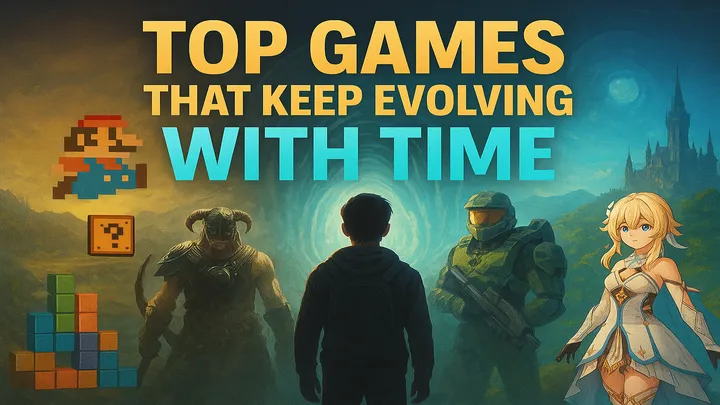Gaming is not just about entertainment; it’s a mirror of culture. From the mechanics of a game to the stories it tells, culture plays a powerful role in shaping gaming trends worldwide. Different regions embrace different styles, themes, and genres, creating a unique global gaming landscape.
Storytelling Rooted in Tradition
Games often reflect the folklore, myths, and historical backgrounds of their regions. Japanese RPGs like Final Fantasy and Persona draw heavily from Shinto mythology and anime-inspired storytelling, while Western RPGs such as The Witcher are shaped by European folklore and dark fantasy traditions. Players are not just playing a game—they are experiencing cultural heritage in digital form.
Regional Preferences in Gameplay
Culture influences how gamers interact with titles:
- Asia: Mobile gaming dominates, with a focus on fast-paced, social experiences like Genshin Impact and PUBG Mobile.

- North America & Europe: Console and PC remain strong, with shooters (Call of Duty, CS:GO) and open-world adventures (GTA V, Elden Ring) leading the charge.

- Middle East & South America: Story-driven and community-centered games are popular, reflecting social connections and shared play experiences.
Representation and Identity
As gaming becomes more global, cultural representation is increasingly important. Developers are now creating characters, settings, and narratives that resonate with diverse audiences. From Assassin’s Creed: Origins in Ancient Egypt to Indian-inspired indie titles, these games not only entertain but also provide visibility to underrepresented cultures.
Esports and Cultural Impact
Esports thrives differently across regions due to cultural values. South Korea’s emphasis on discipline and teamwork made it an esports powerhouse with StarCraft and League of Legends. Meanwhile, Europe’s esports culture flourished through community-driven events and competitive diversity.
The Future of Culture in Gaming
As globalization continues, cross-cultural collaboration will define the future. Studios are blending Eastern and Western design philosophies, leading to hybrid experiences like Elden Ring—a Japanese-developed title with Western-style open-world mechanics.
Final Thoughts
Culture doesn’t just shape what games we play but also how we play them. From myths and legends to modern identity and esports, gaming is an evolving reflection of our world. Understanding cultural influences helps us appreciate not only the games we love but also the stories and traditions behind them.

















